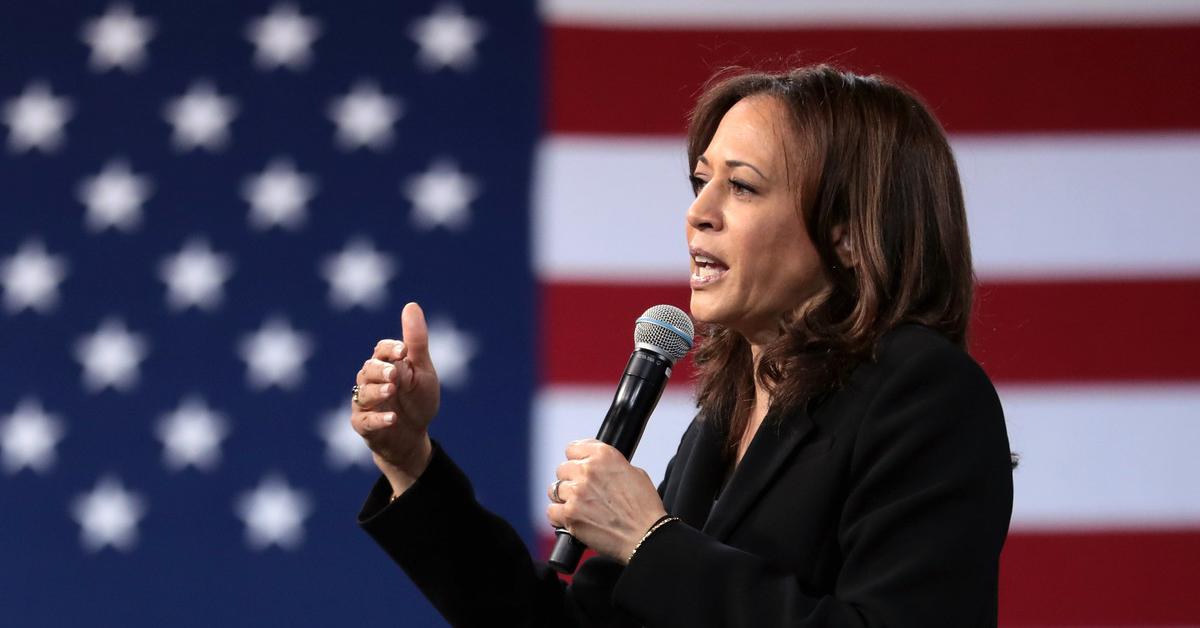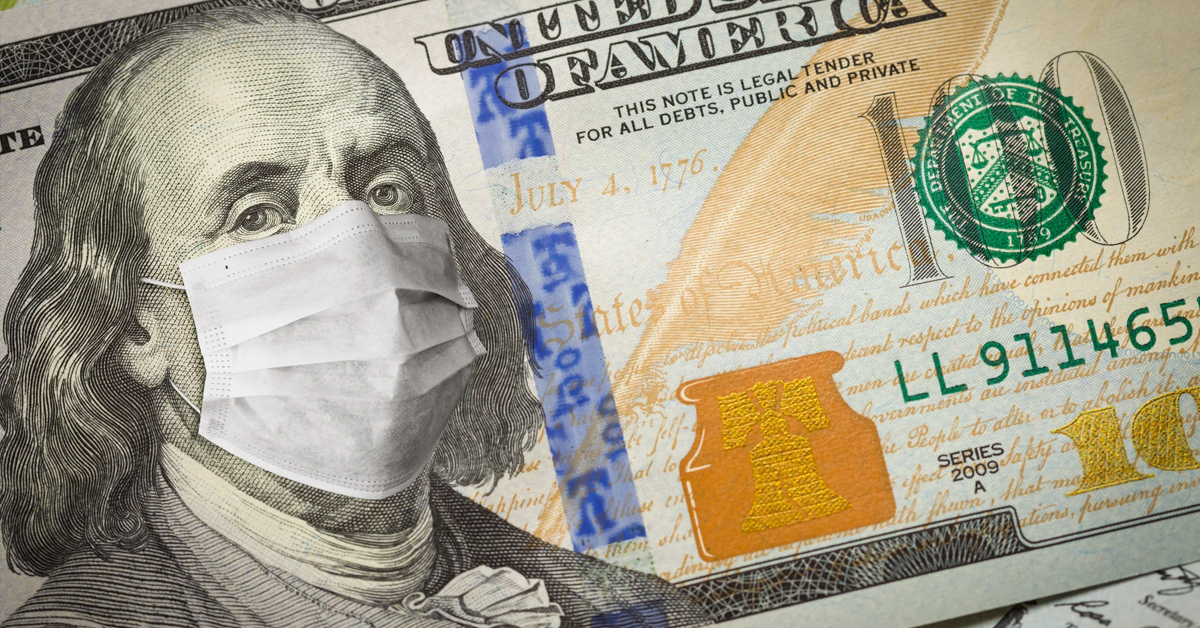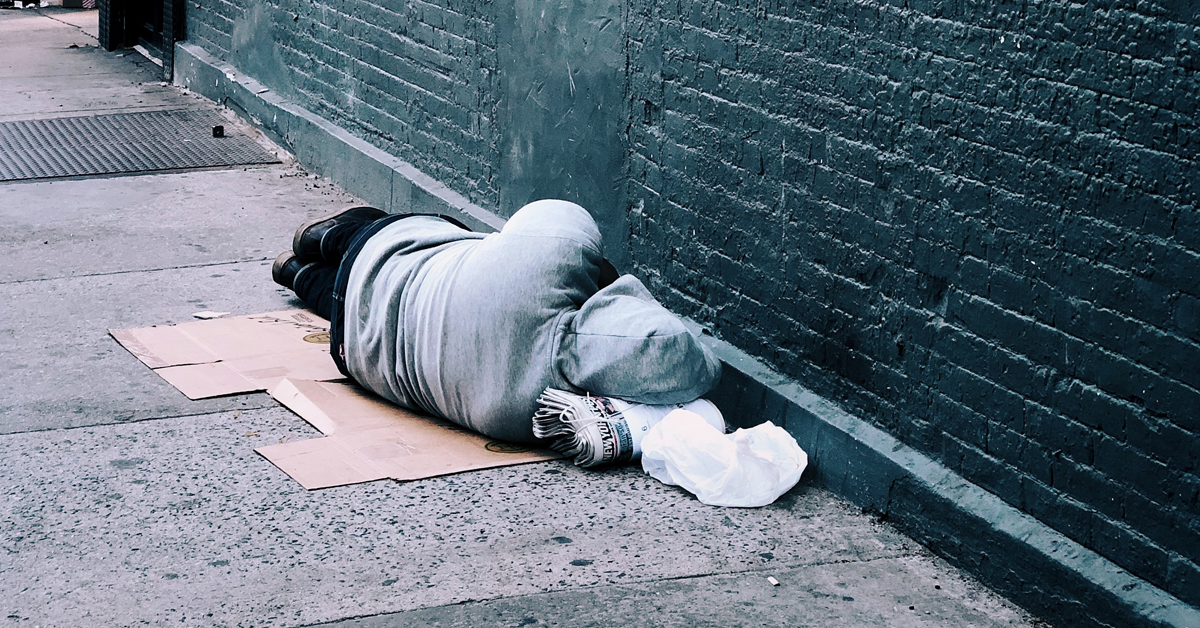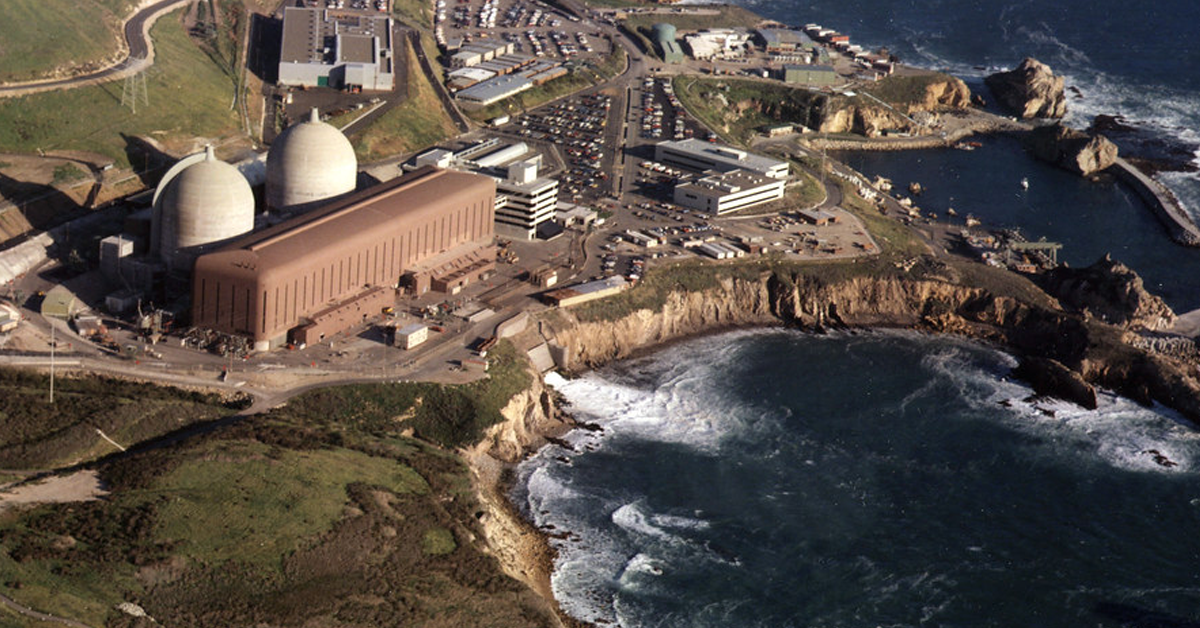Nearly 12 months have passed since the Federal government authorized the CARES Act, the first of two major coronavirus relief packages to help rescue small businesses, boost unemployment benefits, and send direct stimulus payments to down-on-their-luck Americans.
Now, California small businesses that received a Paycheck Protection Program loan from the U.S. Small Business Administration are staring down a surprise tax bill from the State of California.
When authorized in the CARES Act, expenses paid through the forgivable PPP loans were deemed to be fully-deductible on business’ Federal tax returns for the 2020 tax year.
With little more than six weeks before tax day, California’s legislature and Gov. Gavin Newsom have expressed little willingness to allow Paycheck Protection funds to be fully deductible from state taxes.
That is until now.
Thursday, State Sen. Andreas Borgeas (R–Fresno) revved up a push to deem Paycheck Protection loans tax-free for purposes of State of California taxes.
In his view, an added tax hit on coronavirus relief undercuts the purpose of the forgivable loans for struggling small businesses to cover payroll, rent, utilities and other key expenses while they were either partially or fully shutdown under Newsom’s orders.
And, more importantly, Borgeas is concerned about the perception of California skimming small business relief funds amid a pandemic all in the hopes of padding the state’s coffers.
Borgeas is in the midst of introducing a new bill to establish full deductibility for coronavirus relief loans issued to small businesses, amending a different tax bill – Senate Bill 265 – to address the Paycheck Protection tax liability issue.
The bill will provide retroactive deductibility for the 2020 tax year – that is, PPP loans received during the first draw of the SBA’s program last year – along with the 2021 tax year, covering a business’ second draw.
“Businesses might be surprised to learn that pandemic relief funds they received may be considered taxable events,” said Borgeas in a statement. “Struggling businesses should not have to turn down relief simply because they cannot afford to be taxed on it by California.”











